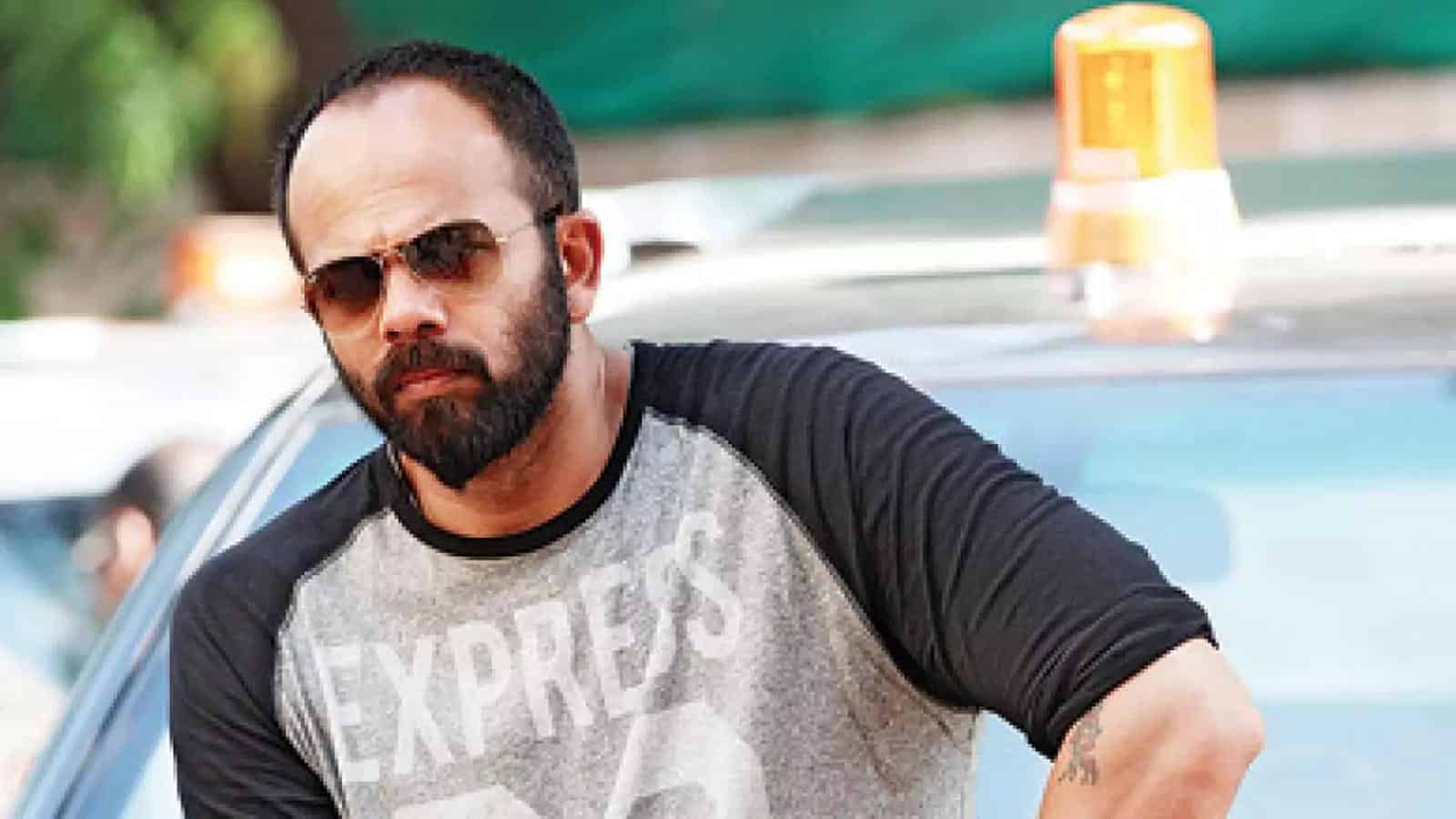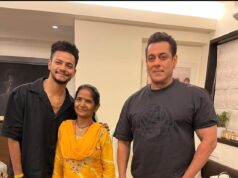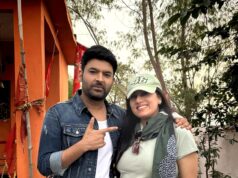In response to criticism about Sooryavanshi’s Muslim villains, Rohit Shetty says he understands his audience and makes sure they are comfortable with what he depicts. In response to the criticism of his Muslim villains in Sooryavanshi, filmmaker Rohit Shetty has wondered why his Hindu villains did not cause a stir earlier. In a new interview, Rohit stated that there was no explicit effort put into portraying villains from a certain caste or religion when developing the film. Sooryavanshi, which starred Akshay Kumar in the eponymous character, also had cameo appearances by Ranveer Singh and Ajay Devgn.
Rohit Shetty was asked about the “bad Muslim-good Muslim” theme in Sooryavanshi in an interview with The Quint. “If I ask you one thing,” the director said, “Jaykant Shikre (the antagonist in Singham, played by Prakash Raj) was a Hindu, and then there was this world (Rohit Shetty’s police universe, which encompasses Singham, Singham Returns, and Simmba), a Hindu Godman who was the villain.” Durva Yashwant Ranade (Sonu Sood) was a Maharashtrian in Simmba. Negative forces in these three flicks were Hindu. “How come it wasn’t a problem?”
The plot of Sooryavanshi centres around a pursuit between cops and terrorists planning a massive RDX assault on Mumbai. All of the film’s key antagonists are seen to have crossed the Pakistani border and are now residing in India.
“If there is a terrorist from Pakistan, what caste will he be?” he continued. We (the Sooryavanshi creators) are not talking about caste.” The director also stated that while some people see it as an issue, he never “considered that way” when shooting the picture. “There is a notion with which a film is produced,” he said. We had never considered it in that light. What’s the point of talking about it? What type of sleeper cell will we have if we have a sleeper cell? Why are evil and excellent people tied to caste while we, the creators, never considered it? If it were incorrect, everyone would have spoken out…only a few people are speaking up; it is their point of view that has to change, not ours.”







